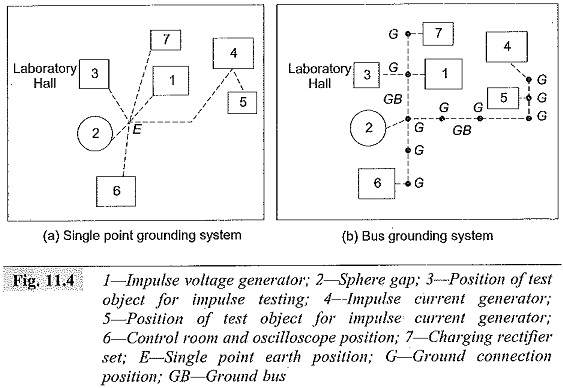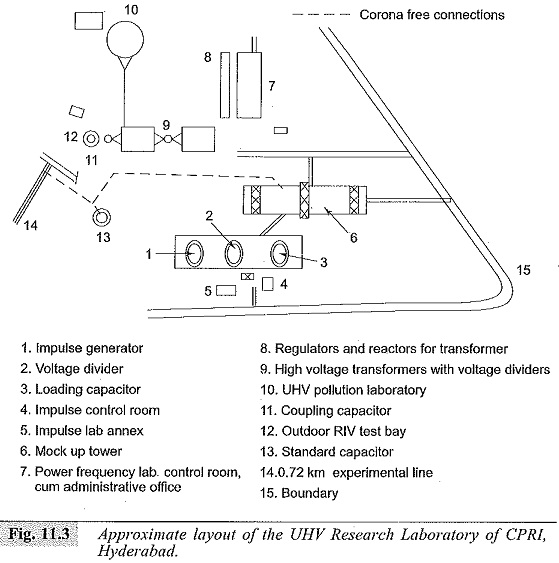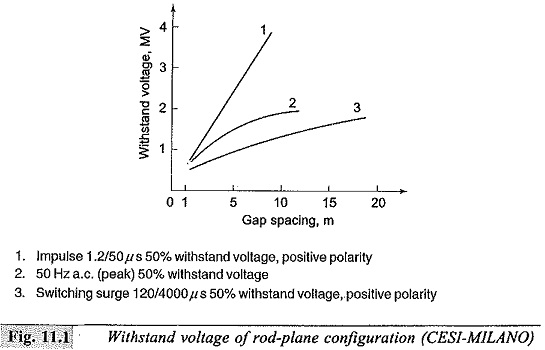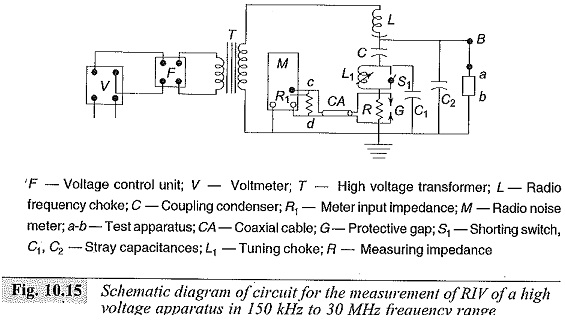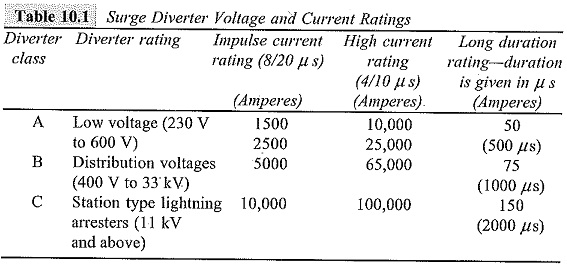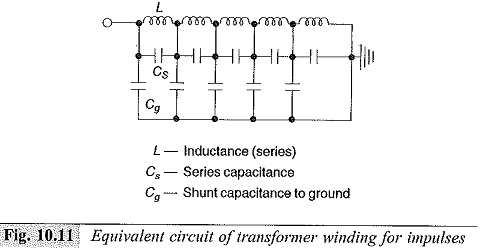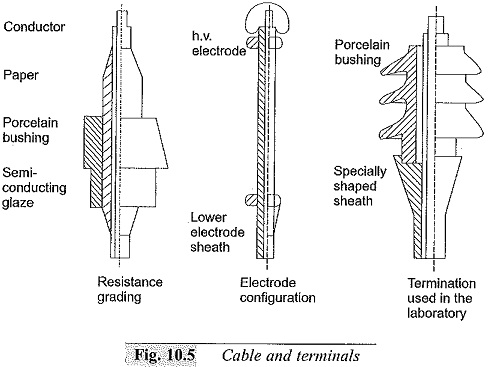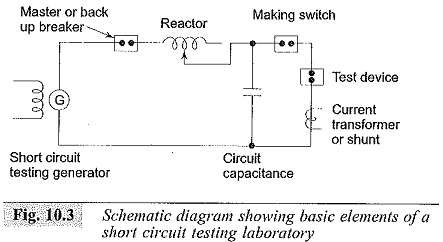Grounding of Impulse Testing Laboratories
Grounding of Impulse Testing Laboratories: An earth or ground system means an established stable .reference potential normally taken to be zero. There are three types of Grounding of Impulse Testing Laboratories are: the ideal ground,…
